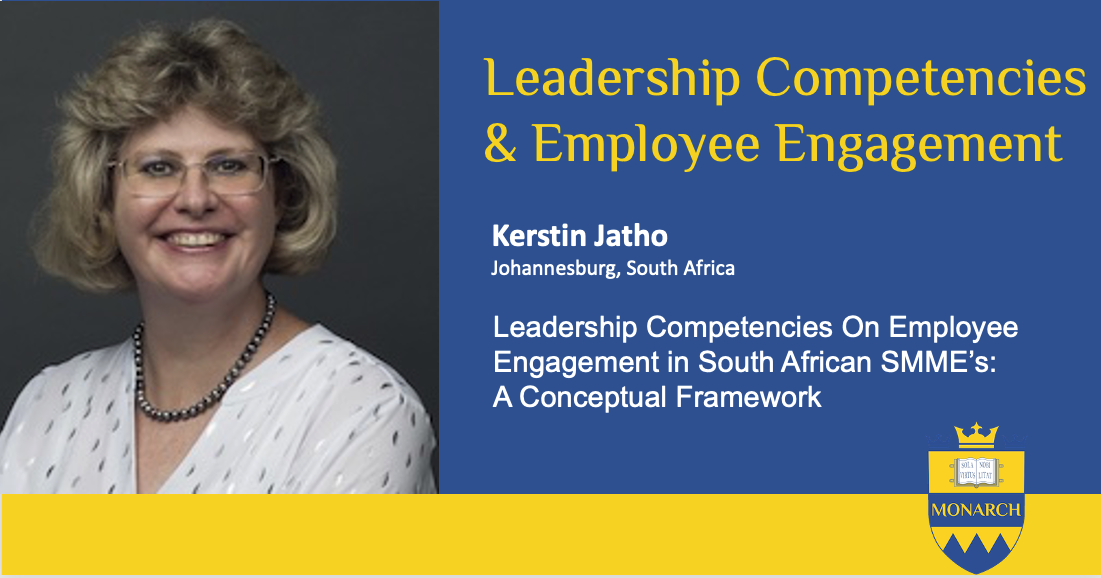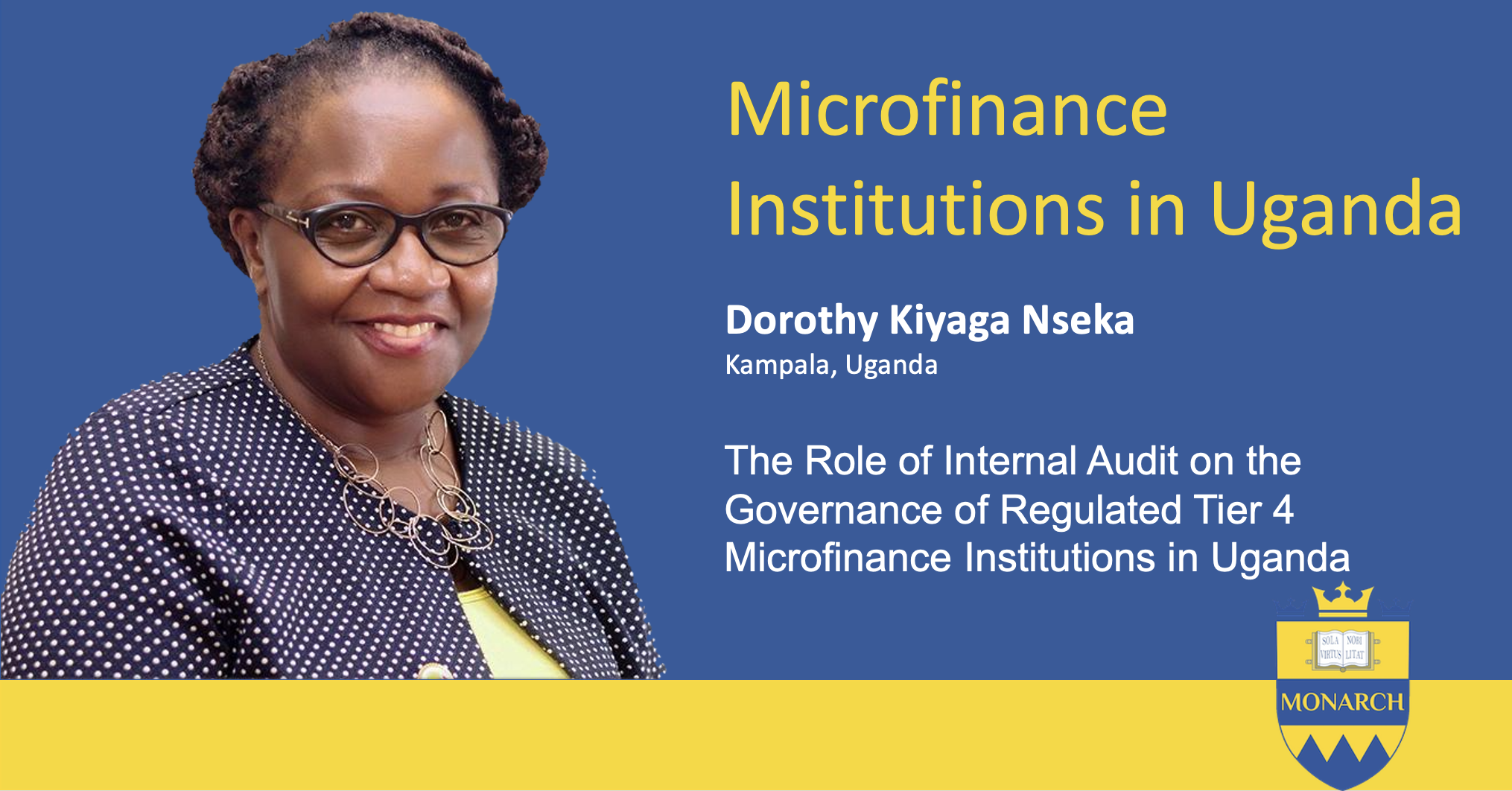Research
Monarch Business School Switzerland is proud to highlight the wonderful research being completed by the Women at Monarch. Women in Management Research at Monarch crosses all management silos. As in general management the Monarch women bring an unique contributing voice to the scholarship. We look forward to highlighting all the research by the WOmen at Monarch and support the efforts to bring greater discourse to a more diversified management leadership.

Spirituality In Cabin Crew Safety And Emergency Training: A Case Study of Qatar Airways
Spirituality in aviation safety and emergency training for cabin crews represents an untapped potential to enhance emergency preparedness and efficiency.

Women in Leadership: Breaking Barriers in African Management
The rise of women in leadership across Africa marks a transformative shift in the continent’s socio-economic and political landscape.

Dr. Ntara Recognized for Outstanding Contribution to Research & Innovation
Monarch Business School is very proud to mention that Alumnus Dr. Caroline Ntara was recently honored with an Outstanding Contribution to Research & Innovation from KCA University in Nairobi, Kenya . Dr. Ntara is a graduate of the PhD program at Monarch from 2021. The award demonstrates the dedication and professionalism that Dr. Ntara brings to her duties.

Leadership Decision Making in an Era of Corporate Sustainability
CSR has matured over the last years entering an era of global business responsibility where a growing number of ESG laws and regulations are pushing MNCs to ‘adapt or die’.

Assessing The Socio-Economic Impact Of Female Recidivism On The Attainment Of SDGs
South Africa has one of the highest recidivism rates in the world, estimated to be between 50% and 90%. The global number of incarcerated women has increased by 53% since the year 2000.

Adaptation of Expatriate Focused International Schools in an Evolving Southeast Asia Market: A Case Study of Vietnam
The surge in private international education provision, driven by globalisation, neoliberalism, and increased mobility, has transformed education into a global trillion-dollar industry, with Asia playing a pivotal role in this growth trajectory (ISC Research, 2023; Le, 2014; Machin, 2017). International schools are transnational spaces that serve as conduits for global mobility and the preparation of individuals for professional futures in transnational organisations (Machin, 2017; Lallo & Resnick, 2008). The burgeoning demand for high-quality education from the transnational capitalist class (TCC) has reshaped educational landscapes, with a notable preference for Western-style international schooling (Gumport, Lannozzi, Shaman, & Zemsky, 1997; ISC Research, 2023; Machin, 2017). As such, private education spending in Southeast Asia has reached nearly $60 billion (ISC Research, 2023).

Leadership Competencies On Employee Engagement in South African SMME’s
Employee engagement is critical in driving organisational success. Leadership styles, behaviours, and competencies are vital in shaping employee engagement levels. Organisations need engaged employees to achieve business growth, market share, and competitive advantage. In South Africa, small, medium, and micro enterprises drive economic development, contributing 39% to the country’s Gross Domestic Product and employing approximately 60% of the labour force. South Africa’s low employee engagement levels hinder effective decision-making, talent retention, productivity, and business expansion, affecting the performance and sustainability of small, medium, and micro enterprises).

Factors Influencing the Professional Development of Latino Managers in Corporate America and Their Transition to Leadership Roles
The World Economic Forum in 2020 drew attention to the U.S. Latino market as one of the fastest-growing economies, representing 18% of the demographic and contributing $2.8 trillion to the U.S. GDP in 2021. Recognizing the importance of full economic engagement by Latinos holds the potential to unlock multitrillion-dollar opportunities for organizations, as observed in a 2022 report by McKinsey & Company.

The Role of Internal Audit on the Governance of Regulated Tier 4 Microfinance Institutions in Uganda
The Ugandan financial sector comprises non-deposit-taking microfinance institutions and deposit-taking institutions. Microfinance institutions provide financial assistance to the underprivileged worldwide to finance their small businesses. According to Ssekiziyivu et al. (2018), microfinance institutions in Uganda are essential in providing loans to support small and medium-sized firms that employ a large portion of the country’s workforce. Most microfinance institutions are non- deposit-taking microfinance institutions which lend to the majority of the small and medium-sized firms that contribute 20% of the gross domestic product and employ more than 60% of the labour force.
